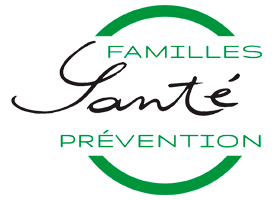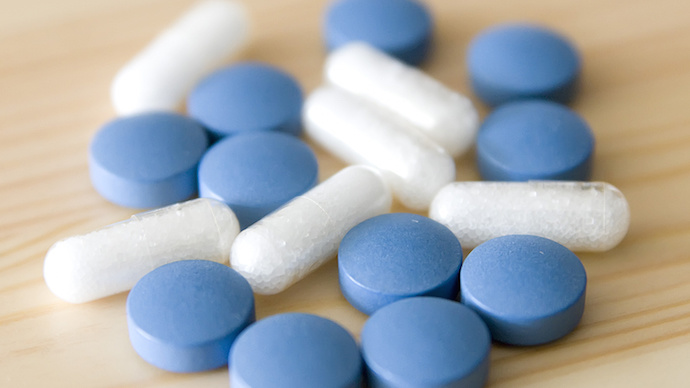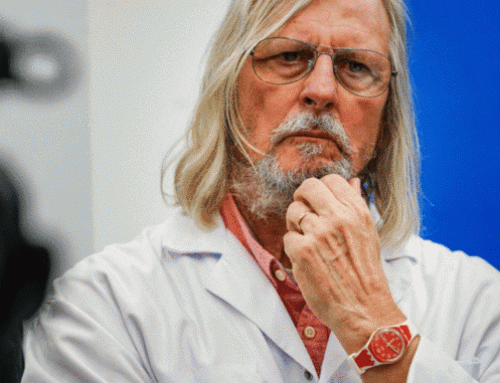Letter No.3 of Professeur Henri Joyeux – 1st of April, 2014
It is true: there is such thing as abuse with the use of chemotherapy treatments. For example, a person of 80-85 years of age does not systematically need to be subjected to a heavy chemotherapy protocol that could shorten his or her lifespan instead of comfortably extending his or her life.
Sometimes, end-of-life patients who are offered chemotherapy in the framework of medical trials. Results of such trials actually benefit the pharmaceutical industry in its process of testing new molecules. Research talks of “new treatments” developed with these new molecules, putting in the spotlight their positive effects so that they will be more easily accepted. Sometimes, all it is aggressive and futile therapy!
Chemotherapeutic treatments are integrated into medical protocols that have been thought through at length by specialists in consensus conferences, which oftentimes are directly or indirectly sponsored by the very industries that manufacture prescribed medications.
Treatments are often prescribed with minimal discernment upon a multidisciplinary meeting of medical doctors that have not even met the patient, and solely on the basis of data contained in an anonymous file. For this reason, the final decision to follow or not follow the recommendations of the multidisciplinary meeting should be entrusted to the patient’s oncologist, the one who knows and advises the patient; the one the patient trusts.
What is “chemo”?
Chemotherapy essentially consist in an combination of drugs called “antimitotic” i.e. medications that keep cancer cells from multiplying. However, these medications also affect all our bodies’ normal cells that are in the process of multiplying: white blood cells, which renew every seven days, red blood cells that renew evert 120 days, tongue cells, that renew every 10 days, gut cells, that renew every 4 days, hair cells, etc.
Promising Treatments
The future of cancer medical treatment is in targeted therapy, which will depend on the potential aggressiveness of the tumor’s tissue as assessed by pathologists.
Such therapies are essentially composed of anti-growth factors specific to the tumor’s tissue, or anti-angiogenic molecules, that are aimed at inhibiting the growth of the vessels that feed the tumor. Antibodies that are specific to the tumor and determined according to the data from the cancer tissue and its surrounding tissue can also be prescribed.
All these therapies must be recommended based on biological data, but also taking into account the general physical state of the patient, who must be informed in detail of the medications’ mode of action, its positive effects but also its adverse impact.
That chemotherapy is indicated for curing and healing cannot be disputed. Such indications apply to an increased number of cancer locations, even at the beginning of their evolution, i.e. at an early stage of the disease. They apply for example to ovarian and testicular lesions; lymphomas, however seriously the organ has been affected; cancer pathologies or so-called “liquid” cancers (as opposed to solid cancers) that affect blood cells; leukemia for white blood cells and the Vasquez Disease (or Primary Polycythemia) for red blood cells or platelets that have become excessive or lacking in number.
For More Advanced Cancers
Chemotherapy is also indicated when cancer is more advanced. For example, it is indicated when the breast has been affected and cancer has reached the lymph nodes; in case of lung damage or important bronchial attack; once cancer has reached the digestive system and damaged the esophagus, the stomach, small intestine, rectum, liver, or pancreas. In is indicated in affections of the reproductive system, such as the uterus, or the cervix, the urinary system (kidneys, bladder), in case of prostate cancer, and in case of cancers affecting the nervous system (brain or spinal cord). Generally, chemotherapy is meant to neutralize localized metastatic damage (at the location of the primary cancer) or more distant metastases.
Chemotherapy is considered an adjuvant to other treatments provided by surgery and/or radiotherapy.
Beware of “progress”
Beware ! Current progress can give the impression that chemotherapy lines are supposed to be endless!…
…They always end up exhausting patients. It is in this context that abuse is possible because new protocols are often developed and proposed by researchers who dream of discovering the new cure.
Therefore, oncologists must carefully weigh the risk-benefit balance, according to the physical and psychological state of the patient, the length and the degree of advancement of the disease.
To this end, there is nothing like team work, where the entire medical team work together to make the best choices for the individual patient.
Best regards,
Professor Henri Joyeux
La Lettre du Professeur Joyeux is an independent and free information service est un service. It specializes providing the wider public and families with disease prevention information. Click here to subscribe to the letter.
These health recommendations are provided free of charge by this organization and cannot be considered as personal medical advice. No treatment should be initiated solely on the basis of this content. It is strongly advised to consult a properly licensed health professional to seek responses with regard to one’s health and well-being. No information or product mentioned on this website is meant to diagnose, treat, atone or cure a disease.
You have a Personal Health Question ? ( Confidential response) or you wish to enjoy our exclusive services ? Become an exclusive member of our association for one year by clicking HERE






